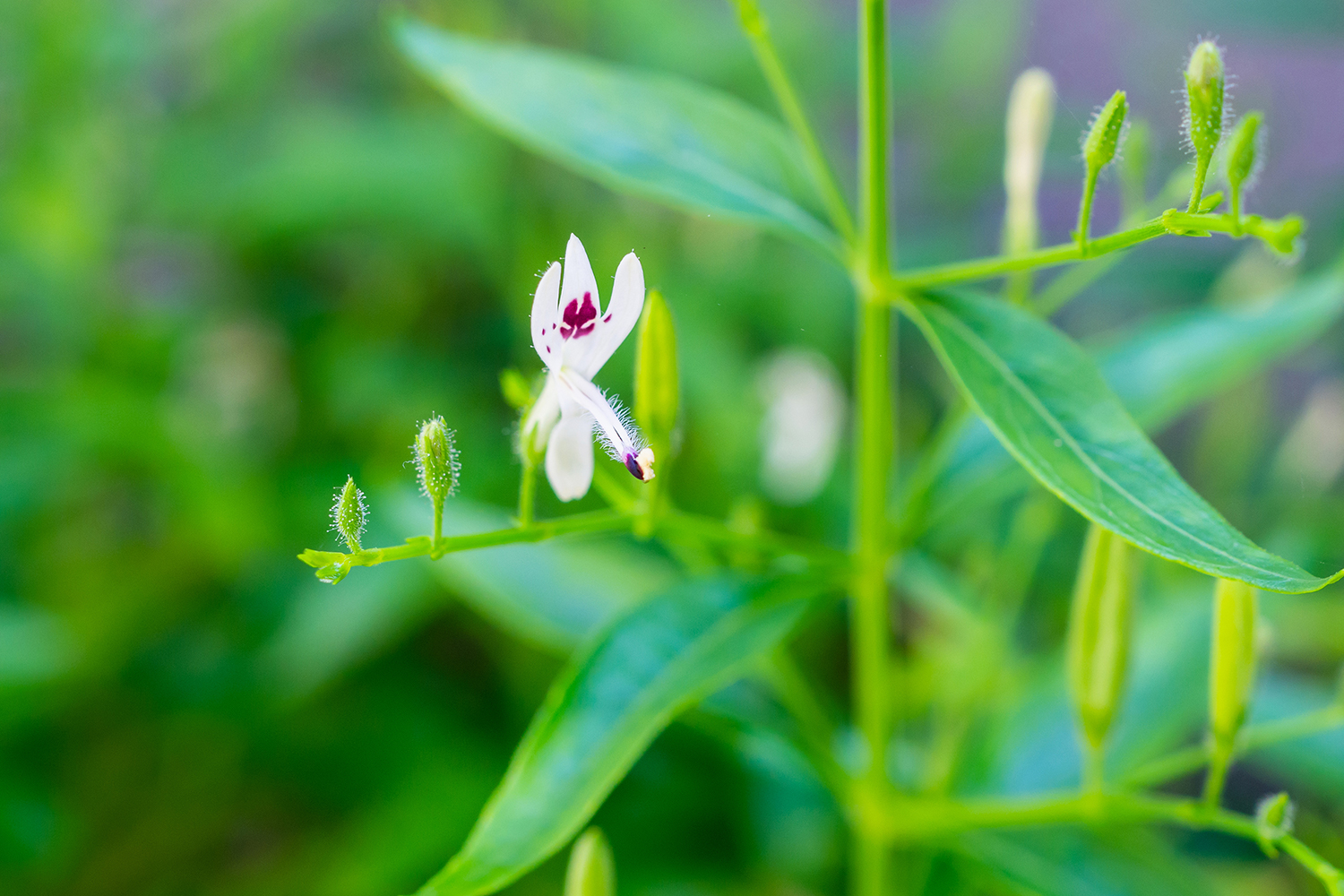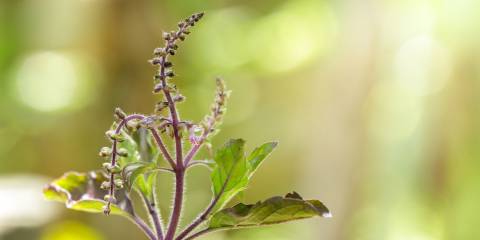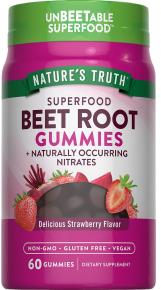From Ayurvedic practices, to ancient Chinese traditions, herbs have helped keep humanity healthy and happy for ages. Here are some of our favorites.
Herbs for Stress Relief and Immune Support
-
Andrographis
May help prevent and treat bacterial and viral respiratory tract infections. Appears to have anti-inflammatory, antiviral, and immune-boosting properties. For cold and flu, a typical clinical dosage is 300 mg of a standardized extract (containing 30% andrographolide) taken two to three times a day for up to 10 days. Short-term use is generally considered safe. Avoid during pregnancy and while breastfeeding.
-
Ashwagandha
A calming herb for anxiety and depression, it’s been shown to produce a sense of calm comparable to prescription anti-anxiety drugs. Avoid if you’re taking prescription drugs for anxiety or insomnia.
-
Astragalus
This herb boosts immunity and fights against bacteria, viruses, and inflammation.
-
Black Elderberry
A powerful flu remedy that stimulates the immune system, this remedy has antiviral and antibacterial actions.
-
Echinacea
This herb strengthens the immune system and may be helpful against coughs, headaches, and congestion. Take at the first sign of a cold or flu. Do not use as an everyday supplement.
-
Magnesium
Supports the adrenal glands, which can be overworked by stress. A low magnesium level during stressful periods can cause energy depletion that leads to fatigue, further lowering your defenses.
-
Rhodiola
Strengthens the body, so it can deal with physical and mental stressors. Traditionally used to ease anxiety, depression, fatigue, and insomnia. Those with bipolar disorder should avoid rhodiola.
-
Schisandra
Effective for relieving symptoms of emotional stress, including insomnia, fatigue, and depression. Those who are pregnant or have gallstones or peptic ulcers should avoid schisandra.





